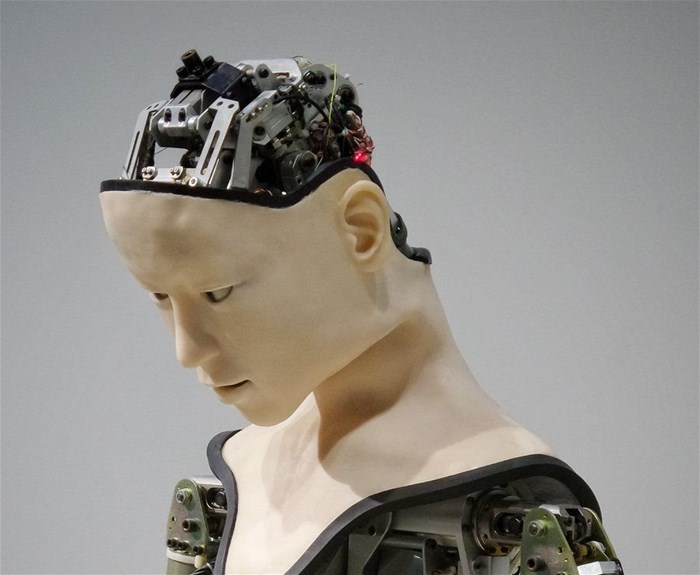
Huge rise in AI as customer and employee expectations shift - report

Data from the Trends in Workflow Automation report features insights from participants in 25 countries, including South Africa. Released yesterday, 10 March, by Salesforce, it calls out four key findings shaping the employee-to-customer relationship.
Employees are stretched as customer expectations for digital experiences rise
The pandemic and its aftereffects created an urgency to adapt to a new set of customer needs and habits, accelerating what were once slow digitisation transformations. With restrictions on physical interaction and a sudden upheaval to customers’ lifestyles and businesses, the call for digital change has been loud.
- 87% of consumers and business buyers expect companies to accelerate digital initiatives due to Covid-19.
- 67% of consumers and business buyers say Covid-19 has elevated their expectations of companies’ digital capabilities.
Rising customer demands have reached employees already contending with new work environments and personal stressors. For many, workdays are longer than they used to be.
- 35% of employees working remotely during the pandemic report working later than usual hours.
- Four in five executives at companies with at least 10% revenue growth say employee experience is a top objective.
- Automation is rising as an IT imperative, cutting costs and time.
“Covid created massive pressure to digitise and automate workflows fast to handle the triple threat of overworked employees, changing customer expectations, and brand new processes,” says John Kucera, SVP of product management, automation.
With employees across the business asked to do more with less, technical leadership has set its sights on workflow automation.
- 95% of IT and engineering leaders say their organisations are prioritising workflow automation.
- 75% of organisations that have implemented workflow automation see the equivalent of four+ hours in time savings per 40-hour week. Employees will have more time for strategic work as manual tasks shift from human to machine.
- 78% of IT and engineering leaders either currently use or plan to use AI as part of their workflow automation initiatives.
Service automation takes off as pressure increases to improve employee and customer experience
AI has become a powerful aid in customer service, working behind the scenes to raise insights and recommendations, populate data, and trigger processes. But there’s room for growth.
- Fewer than 50% of service teams currently report using AI, but a majority of service decision-makers say they have a fully defined AI plan.
- 33% of service decision-makers report their organisations use AI, representing a 37% increase since 2018.
- 71% of service decision-makers say they’re accelerating automation initiatives.
Customer service teams are looking to automation for relief from escalating workloads. Time-consuming manual processes, like collecting background information and conducting after casework like follow-up actions, can frustrate both the customer and the employee.
- 57% of customers say Covid-19 has raised their standards for customer service.
- 73% of service professionals say managing case volume has become more challenging.
- 39% of service organisations use chatbots, representing a 72% increase since 2018.
AI goes mainstream in sales
According to sales leaders, AI helps reps better address customer needs. AI has been rapidly growing in the sales realm, helping to improve forecast accuracy and customer insights, but leaders say AI’s most significant impact ties directly back to the customer relationship. Put simply, AI helps sales reps spend more time with each customer and better understand their unique needs.
- 33% of sales organisations use AI, which is a 49% increase over 2018 numbers.
- 52% of customers expect offers from companies to always be personalised.
- 90% of sales reps say current economic conditions make it important to anticipate customers’ needs.
